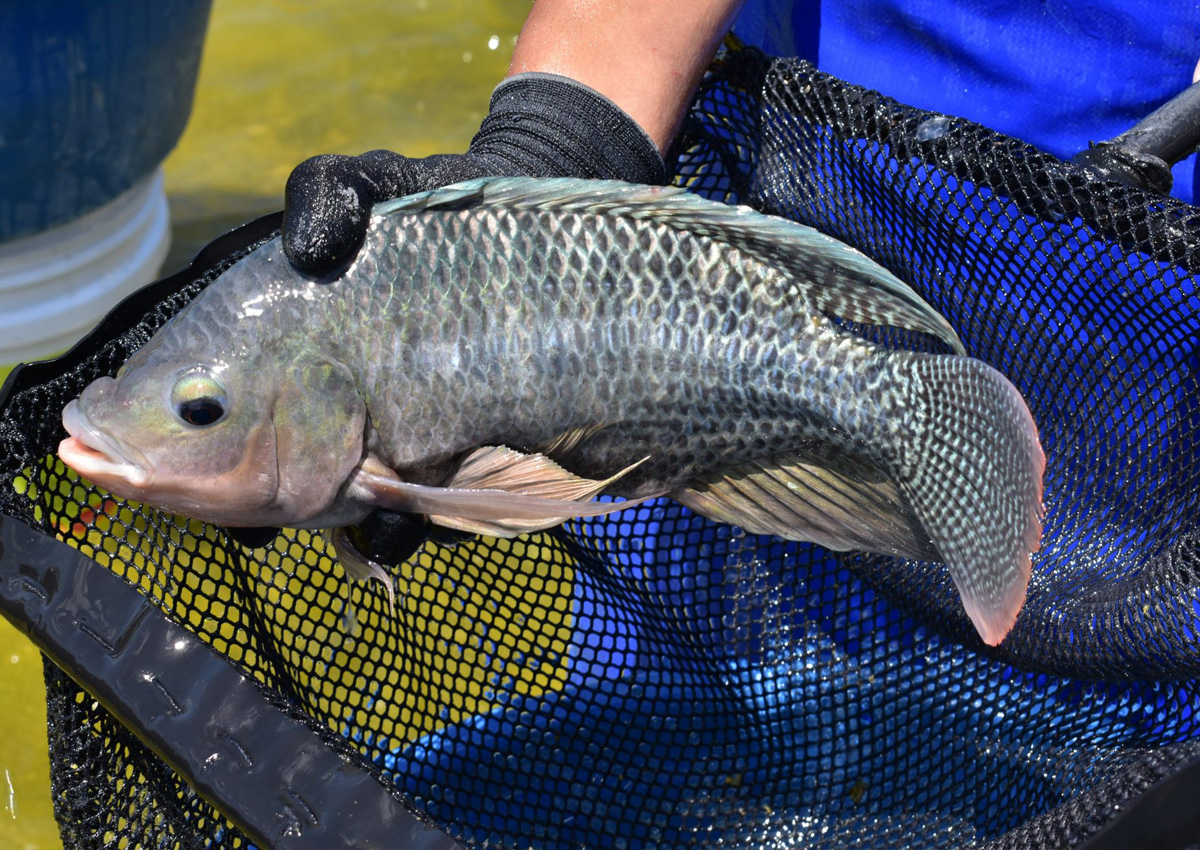
Research Explains Farmer Reluctance to Adopt New Technologies
October 7, 2020| |
New research from the University of Kent's School of Economics sheds light on a long-standing obstacle to improving agricultural productivity in developing countries—the reluctance of small-scale farmers to adopt modern technologies because of the risks associated with them.
The researchers conducted a series of psychological experiments with aquafarmers in 30 villages in four regions in southern Ghana to measure their aversion to risk and willingness to take gambles. They also recorded the aquafarmers' adoption of three innovative technologies recently introduced to Ghana: predator-proof floating cages for fish; a nutrient-rich fish feed; and a fast-growing, disease-resistant breed of tilapia fish. The results show that aversion to traditional production risks accelerated the adoption of all three technologies. However, the adoption of floating cages was slower due to the significant upfront financial investment required. The study also found that once aquafarmers in a community have started using the cages, the aversion by others to take the risk was further reduced.
Dr. Adelina Gschwandtner, Senior Lecturer in Economics and Principle Investigator, said, "These findings may have significant consequences beyond Africa and onto the global agricultural sector. Addressing traditional perceptions with this new understanding of the potential to reduce risk by adopting new ideas, methods, and technologies may broaden how business ventures are viewed and conducted in the future."
For more details, read the article at the University of Kent News Centre.
| |
You might also like:
- Farmers Highly Vulnerable to COVID-19, Says Study
- Review Says Farmer Knowledge Key to Finding More Resilient Crops
- UK Farmers Endorse Adoption of GM Crops, Survey Reveals
Biotech Updates is a weekly newsletter of ISAAA, a not-for-profit organization. It is distributed for free to over 22,000 subscribers worldwide to inform them about the key developments in biosciences, especially in biotechnology. Your support will help us in our mission to feed the world with knowledge. You can help by donating as little as $10.
-
See more articles:
-
News from Around the World
- Researchers Sequence Genomes of 600 Green Millet Plants, Find Gene for Dispersal
- Paraguay Simplifies Procedures in the Approval of GE Crops
- Transgenic Hybrid Corn Harvest Boosts Cuba's Confidence in Corn Yield
- FSANZ Seeks Public Comment for GM Corn Approval
- Farmer Survey Reveals Significant Economic, Environmental Benefits From GM Corn in Vietnam
- Research Explains Farmer Reluctance to Adopt New Technologies
- Gene for Resistance to Devastating Tomato Virus Now Identified
-
Research Highlights
- Meta-analysis Detect Candidate Rice Genes Involved in Salt Tolerance
-
Plant
- DNA-Free Screening System for Gene Editing in Hot and Sweet Bell Peppers
- Scientists Explore on Genetic Transformation of Mosquitoes
- Researchers Develop Pale Purplish-Pink Petunia via CRISPR-Cas9
-
Health
- Researchers Engineer Drug-Like Compounds that Disable SARS-CoV-2's Replication Engine
-
Read the latest: - Biotech Updates (February 4, 2026)
- Gene Editing Supplement (January 28, 2026)
- Gene Drive Supplement (February 22, 2023)
-
Subscribe to BU: - Share
- Tweet

